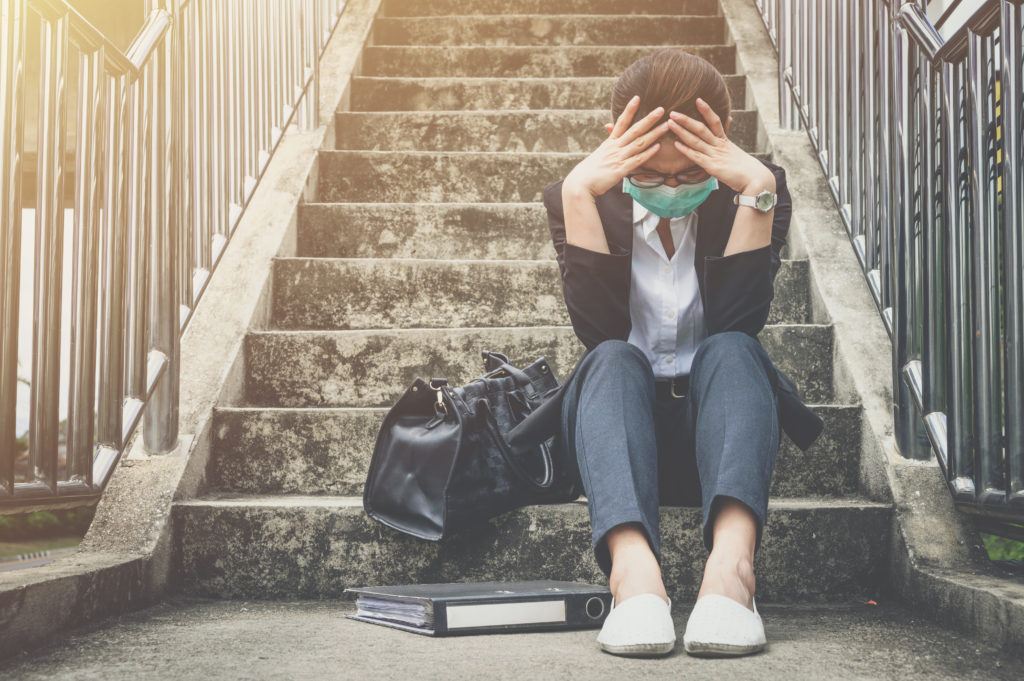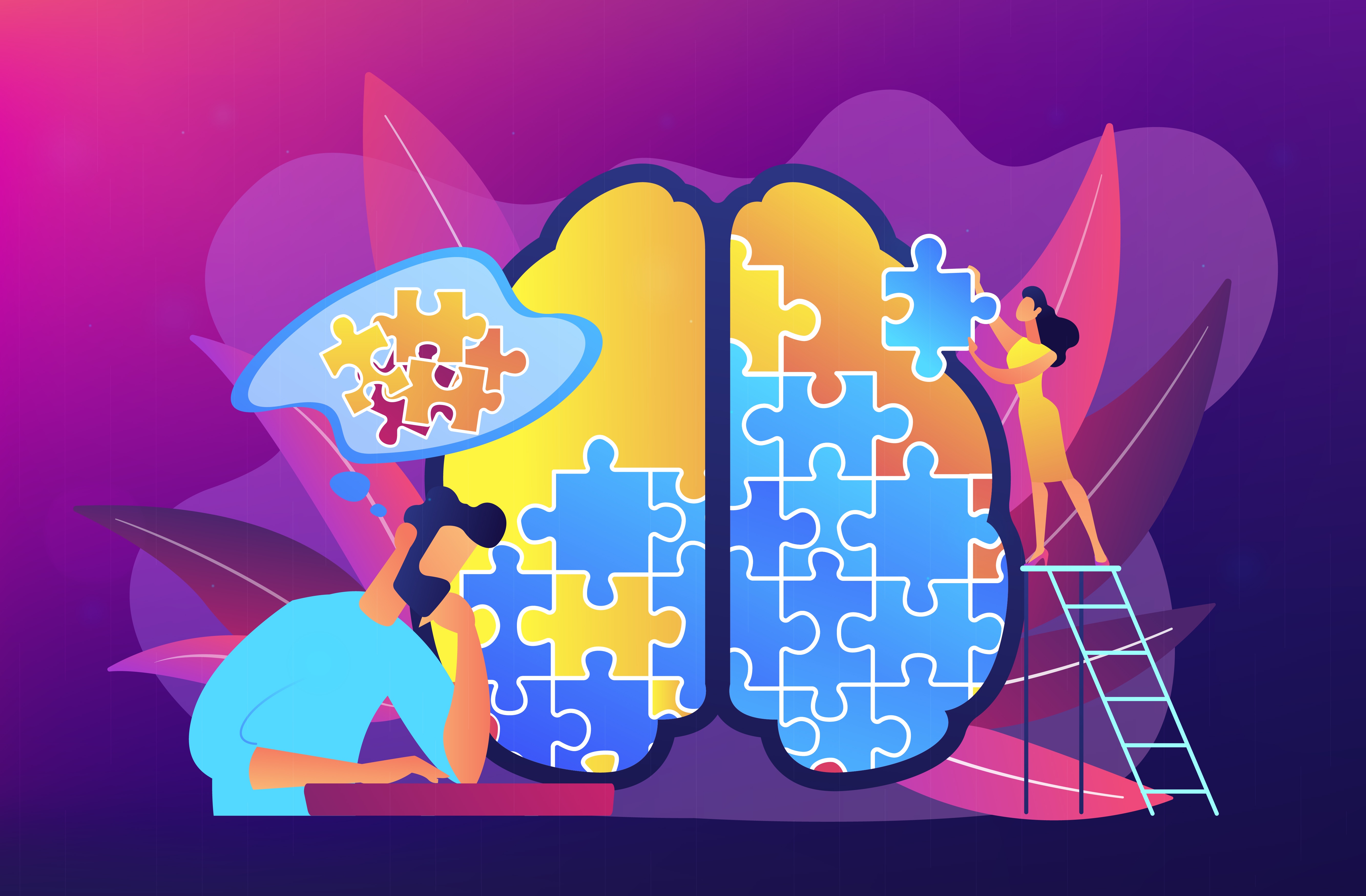
Mental health issues have been on the rise globally for many years.1-4 There is no universally accepted strategy to combat the increasing depression, anxiety, and psychological trauma; in many cases stigma, shame, fear, and access remain the major hurdles faced by many.1-4 Treatment options remain few – with varying success – and broad-scale investments in novel treatments are lacking. 3-4
The Consequences of Keeping the Status Quo
Under this current climate of inadequate treatments, an era of unprecedented mental health crisis will unfold globally as the current Covid-19 pandemic sweeps across countries. Sharp increases in depression and anxiety have already been documented, and as the pandemic progresses and moves into recovery, the mental health toll will continue to increase in severity and size.1 This pandemic may present itself as a turning point in the current mental health strategies and treatment options. According to the WHO (World Health Organization), more investment needs to be placed into expanding access to current treatment options and strategies while also investing in novel and alternative treatment options.2
Psychedelics and psychedelic-assisted psychotherapy research not only offer a new path for treating and managing treatment-resistant depression, anxiety, and complex PTSD (post-traumatic stress disorder), but may also provide treatment options for the long-lasting mental toll stemming directly from social isolation, grief, and fear.
The Current Mental Health Treatment Situation
As of 2017, over 792 million people suffered from at least one mental health disorder, including substance/alcohol abuse.2 Disparity in the available treatment access across the globe presents the first problem to overcome.1 Expanding access globally provides a vital helpline in areas where it may be needed most; but as access increases, the efficacy of treatments comes under the lens of scrutiny.
Medications to treat both depression and anxiety are prescribed at alarming rates, often as long term treatments with little significant improvement in patient health overall.4 With high rates of non-responders to classical treatments and little treatment efficacy in the long term, researchers have recently begun to question the current models of strategy and treatment.3-4 Not only do these statistics paint a bleak picture of what the outlook for mental health was prior to the current pandemic, but they also provide insight as to why new treatment strategies and management is vital.
As the current Covid-19 pandemic unfolds, all signs point to an upcoming crisis in mental health globally. This crisis will have long-lasting effects compounded not only by the direct effects on mental health by the pandemic but also by the indirect creeping effects of economic downturn and despair.2 The road to recovery presents a choice to either continue with the status-quo or embark on a new path which may revolutionize mental health treatment strategies.

Visual Generation / Shutterstock
Studies Are Showing the Effectiveness of Psychedelics
Psychedelics and psychedelic-assisted therapy have recently re-entered the realm of research in novel treatment options for a variety of mental health issues. Since a pivotal clinical study in 2016 – which saw dramatic effects of a psychedelic in reducing the symptoms of PTSD – the research world and the FDA (US Food and Drug Administration) have begun rethinking psychedelics as a legitimate form of treatment.5
From depression to PTSD, alcoholism, and end of life anxiety, pilot and small scale clinical trials have investigated the effectiveness of many well known psychedelic substances (ayahuasca, psilocybin, MDMA) in treating and managing the symptoms of these disorders.6-16 The safety and tolerability of these substances have been established in these studies, and promising results in the effectiveness in treating and lowering rates of remission have been reported.
Psychedelics and psychedelic-assisted therapy present the opportunity to provide relief to individuals who respond poorly to classical treatments and may be able to replace long-term pharmaceutical interventions that have not shown significant symptom relief for patients.15-16 As of 2020, over eighty new clinical trials investigating the efficacy of multiple psychedelics and psychedelic-assisted therapies on treating various mental health disorders are now recruiting patients, showing a continued and sustained interest in the field.17
Avoiding a Bigger Crisis
This current pandemic can serve as the impetus of change. If the status quo in mental health strategies is maintained, the world will face an unprecedented crisis with long-lasting repercussions, according to experts. By proactively integrating new and novel psychedelic-assisted therapies and treatments, the challenges faced in the future may be mitigated.
Where and how can attain psychedelics therapy from mushroom.